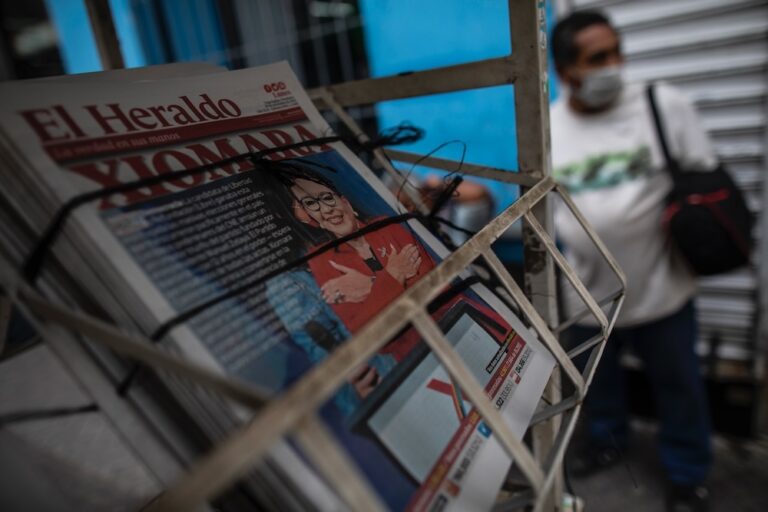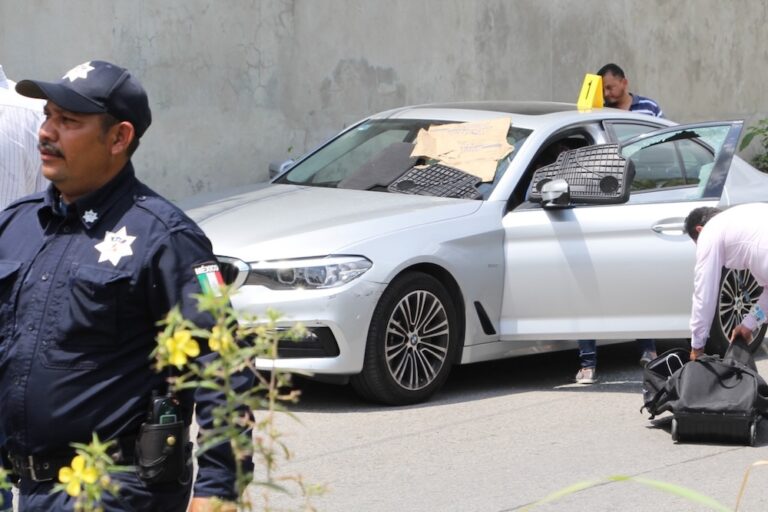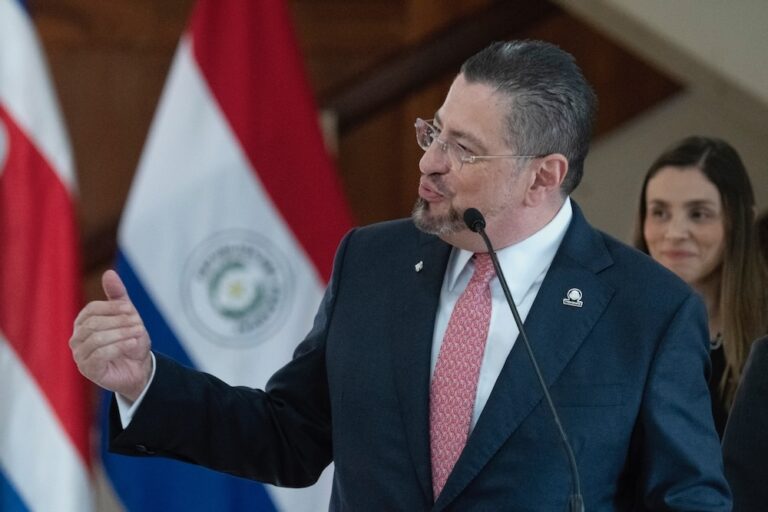The conference followed up on a previous meeting in July 2009, which aimed to promote and defend freedom of expression for all people in Central America.
(ARTICLE 19/IFEX) – 11 May 2010 – Human rights defenders and media professionals from El Salvador, Guatemala, Honduras and Nicaragua met in San Salvador between 22-23 April 2010 for the regional conference “Second Joint Action Platform Meeting to Strengthen Freedom of Expression in Central America”, sponsored by ARTICLE 19. The conference followed up on a previous meeting in July 2009, which aimed to promote and defend freedom of expression for all people in Central America.
The first conference had concluded that the protection of human rights, including freedom of expression and access to information, is deteriorating in Central America. Participants had agreed to share experiences and implement a range of collective actions. These included workshops on best practice, collaborative advocacy and special submissions to the Universal Periodic Reviews of El Salvador, Nicaragua and Honduras, all of which have been implemented over the last months.
The second conference was an opportunity for all participants from all countries to return and explain what they had done and analyse the situation in greater depth. Topics included poor broadcasting regulation, biased government advertising allocation, criminalisation of defamation, impunity, poor telecommunications laws, use of new information technologies, and how best to use regional and global human rights mechanisms to condemn violations of the right to free expression.
Participants at the second conference included Dr Catalina Botero, Special Rapporteur of Freedom of Expression of the Inter-American Commission on Human Rights, and Dr Frank La Rue, UN Special Rapporteur on the Promotion and Protection of the Right to Freedom of Opinion and Expression.
One of the main regional concerns addressed by participants was the violence against journalists in Honduras. During the last two months, seven journalists have been attacked and killed, each in similar circumstances. All participants called on the Honduran authorities to adequately investigate these cases and to bring the perpetrators to justice.
Participants agreed that the priorities for Central America are:
• Monitoring the implementation of access to information laws, and, when relevant, condemning actions and omissions that affect the exercise of this right. Promoting access to information requests and transparency practices as a tool for the exercise of freedom of press and free and pluralistic political debates
• Promoting a human rights perspective on broadcasting regulation
• Condemning before national authorities, as well as before international human rights protection agencies, all attacks against journalists, media workers and human rights defenders.
The participating organisations also called on countries in Central America to fulfill their legal obligations, particularly:
• Honduras: President Porfirio Lobo to adopt measures to protect and ensure freedom of expression, including the investigation into journalists’ murders and bringing to justice those responsible
• El Salvador: Congress to approve the initiative of an access to information law
• Nicaragua: Congress to start an open and transparent dialogue with the stakeholders involved about the initiatives to reform broadcasting regulation in order to strengthen the democratic role of the media and eliminate the lack of transparency in licensing procedures
• Guatemala: President Álvaro Colom to adopt effective measures, and ensure that the right to information law is implemented. Auctions of licenses should be done away with and instead a fair and transparent licensing process should be put in place based on clear and pre-established public interest considerations, including diversity.
Participating organisations included:
From El Salvador: Human Rights Institute at the José Simeón Cañas Central American University (IDHUCA), the National Journalists Association of El Salvador (APES), the Association of Radio Stations and Participatory Radio Programmes (ARPAS).
From Guatemala: Civitas Centre (Centro Civitas), Newsroom (Sala de Redacción)
From Honduras: Democracy without Frontiers Foundation (FDSF), Committee for Freedom of Expression (C-LIBRE), Committee of Relatives of the Detained and Missing (COFADEH)
From Nicaragua: Nicaraguan Centre for Human Rights, (CENIDH), Violeta Barrios de Chamorro Foundation and the Centre for Communication Investigation (CINCO), Nicaragua’s School for Journalists (CPN)
and ARTICLE 19


